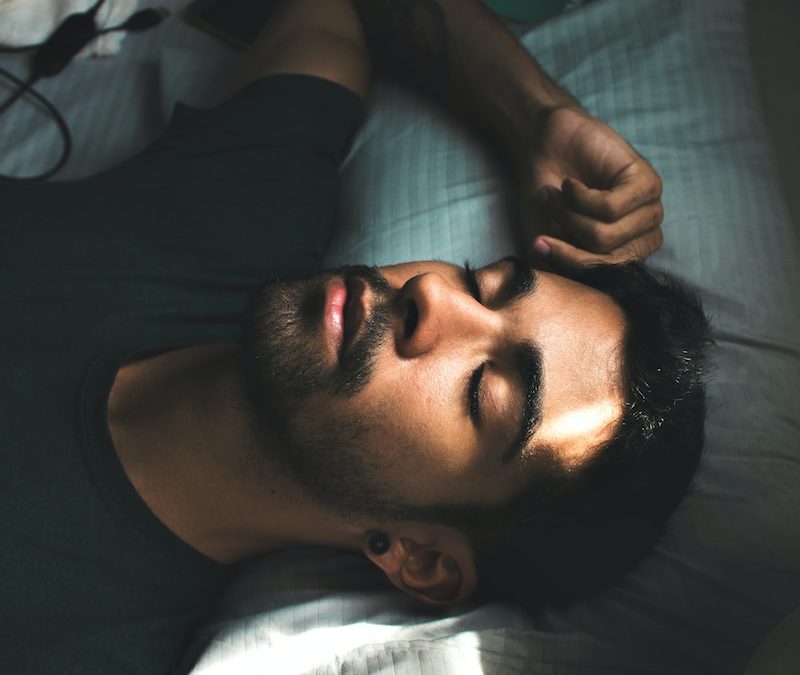The Relationship Between Sleep and the Keto Diet
The Keto diet can have both positive and negative effects on sleep, depending on the individual’s body and dietary habits. Some studies have shown that the Keto diet can lead to improved sleep quality and duration, while others suggest the opposite.
One possible explanation for improved sleep quality on the Keto diet is that it can reduce inflammation in the body. Inflammation has been linked to various sleep disorders, including insomnia and sleep apnea. Additionally, a high-fat diet can increase the production of adenosine, a neurotransmitter that promotes sleep. This increase in adenosine levels can lead to deeper and more restful sleep. On the other hand, the Keto diet can also have negative effects on sleep. For some people, the transition to the Keto diet can cause insomnia, particularly in the first few weeks. This may be due to the body adjusting to the new dietary habits and the resulting changes in hormone levels. Additionally, the Keto diet can cause dehydration, which can lead to sleep disruptions.
Tips for optimizing sleep on the Keto diet
If you are on the Keto diet and experiencing sleep disturbances, there are several strategies you can try to improve your sleep quality:
–Stay hydrated: Make sure you drink enough water and electrolytes to prevent dehydration, which can cause sleep disruptions.
–Stick to a consistent sleep schedule: Try to go to bed and wake up at the same time every day, even on weekends.
–Limit caffeine intake: Caffeine (this includes chocolate) can interfere with sleep, so try to avoid consuming it late in the day.
– Increase physical activity: Regular exercise can improve sleep quality and duration.
– Practice relaxation techniques: Techniques such as meditation and deep breathing can help reduce stress and promote sleep.
– Consider taking supplements: Supplements such as magnesium and melatonin can promote relaxation and improve sleep quality.
Conclusion
The Keto diet can have both positive and negative effects on sleep, depending on the individual’s body and dietary habits. While the diet can promote deeper and more restful sleep for some, it can cause insomnia and dehydration for others. By staying hydrated, maintaining a consistent sleep schedule, limiting caffeine intake, increasing physical activity, practicing relaxation techniques, and considering supplements, you can optimize your sleep quality while on the Keto diet. As always, it’s essential to consult a healthcare professional before making any significant changes to your diet or exercise routine.
Barbara has lost 100 pounds following the Modified Keto Diet. She started following the Keto Diet in July of 2019. She enjoyed the meals and the healthy lifestyle so much that she studied under the Speed Keto creator, Dr. Harlan Kilstein, and became a Certified Keto Coach in July 2021. After her husband was diagnosed as diabetic, she became a Certified Diabetic Coach in 2022. She coaches clients both in individual and group settings. Throughout her journey with the Modified Keto Diet, her A1C dropped from 6.5 to 4.9. She continues to enjoy healthy eating and helps others to do the same.







